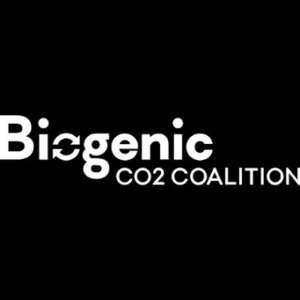10,000 constituents push back on EPA roadblock to rural economies




July 21, 2020
BY Biogenic CO2 Coalition
Members of Congress in key Midwestern states have received over 10,000 individual letters from constituents, according to the Biogenic CO2 Coalition, a working group of leading food and agriculture trade associations. The letters urge Members of Congress to press the U.S. EPA to revise a regulatory barrier to growth in the bioeconomy and rural economic revitalization.
The EPA is soon expected to request public comment on whether to continue to regulate CO2 emissions from agricultural crops on the same basis as fossil fuels. As outlined in a recent letter to Congress signed by more than 20 leading scientists, it is imperative that EPA act swiftly to adopt a rule that recognizes the de minimis character of biogenic carbon emissions from annual agricultural crops.
Advertisement
Advertisement
“It’s clear this is an issue that has struck a chord in America’s heartland. With the rural economy in a terrible slump, this simple regulatory action deserves immediate attention,” said Thomas Parks, a spokesperson for the Biogenic CO2 Coalition. “We hope that Members of Congress and this Administration will listen to the voices of the thousands of Americans who are asking for this problem to be addressed in order for U.S. businesses to compete fairly against foreign competitors and create jobs here at home. American farmers, processors, and manufacturers are poised to invest millions in new technology, rural development, and infrastructure. The time for action is now.”
This display of public engagement comes at a time when political support for rulemaking to address the de minimis character of biogenic emissions from annual agricultural crops is mog unting. In early July, Reps. Rodney Davis, R-Ill., Collin Peterson, D-Minn.;, Dave Loebsack, D-Iowa; and Roger Marshall, R-Kan.; sent a letter to EPA Administrator Andrew Wheeler urging EPA to “expeditiously provide regulatory clarity” on the issue. Further, in late 2019, a group of 18 Senators from both parties sent a bipartisan letter to the EPA last year with a similar request for regulatory clarity. These letters echoed earlier calls by five Governors who wrote their own letter to the EPA urging action on this issue.
Advertisement
Advertisement
Related Stories
The U.S. Department of Energy Bioenergy Technologies Office (BETO) announced up to $23 million in funding to support research and development (R&D) of domestic chemicals and fuels from biomass and waste resources.
The U.S. DOE has announced its intent to issue funding to support high-impact research and development (R&D) projects in two priority areas: sustainable propane and renewable chemicals and algal system cultivation and preprocessing.
Sens. Sherrod Brown, D-Ohio, and Pete Ricketts, R-Neb., in August introduced the Renewable Chemicals Act, a bill that aims to create a tax credit to support the production of biobased chemicals.
The Chemical Catalysis for Bioenergy Consortium, a consortium of the U.S. DOE’s Bioenergy Technologies Office, has launched an effort that aims to gather community input on the development of new biomass processing facilities.
USDA on March 8 celebrated the second annual National Biobased Products Day, a celebration to raise public awareness of biobased products, their benefits and their contributions to the U.S. economy and rural communities.
Upcoming Events










